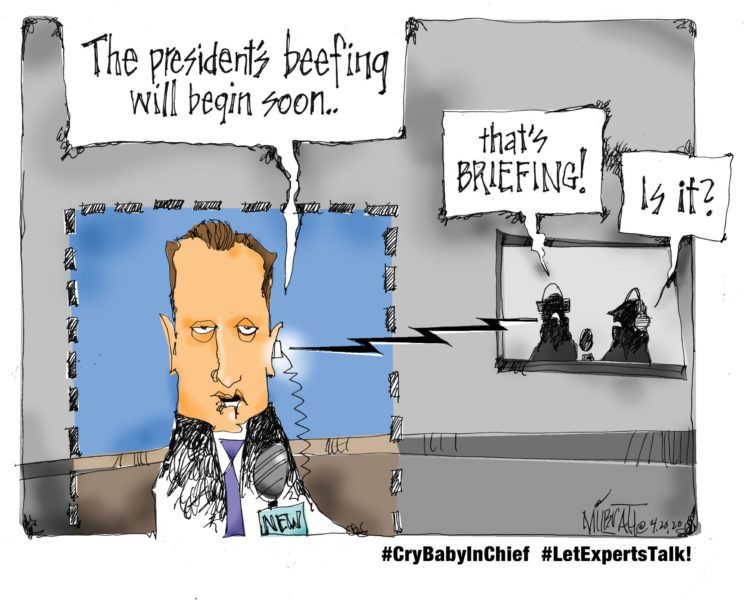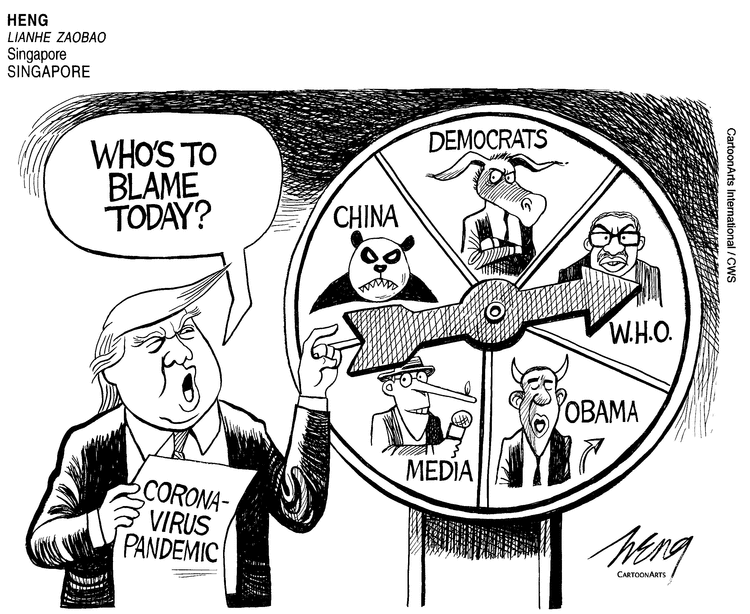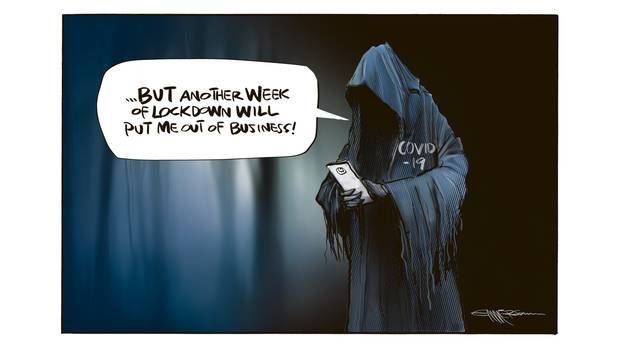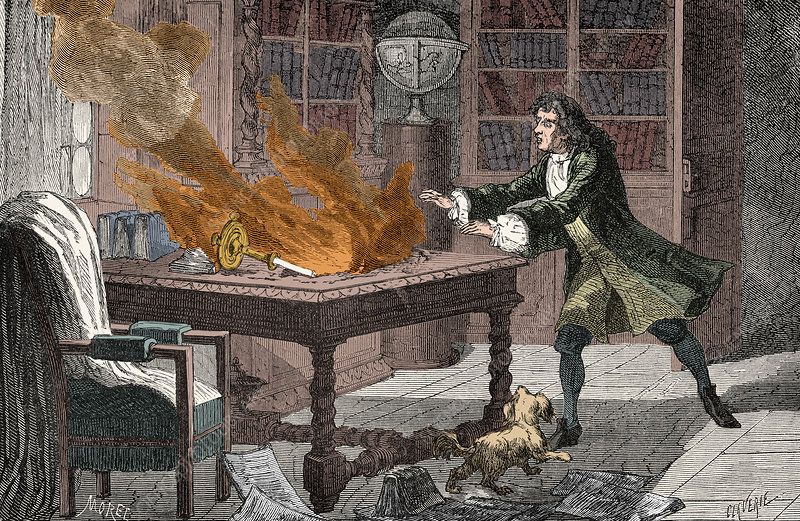CSotD: One True Sentence
Skip to commentsDeb Milbrath made me laugh this morning and that’s worth something.
And she’s right: His nightly pep rallies have lost all but the tiniest fig leaf of “public information” and become beefing sessions. He is, indeed, #CryBabyInChief.
Anyone who has dealt with bullies knows they tend to burst into tears from a good punch in the nose, and watching Trump put more and more energy into screaming “Did not! Did not!” certainly suggests something along those lines.
Plus there’s that old wisdom, cited here before, that if you tell the truth, it’s easier to keep track of what you’ve said.
Which means that, if you haven’t built up a record of 16,000 or 18,000 lies, you don’t get your tail caught in this sort of crack:
I know one thing: I haven’t left the White House in months, except for a brief moment to give a wonderful ship, the Comfort … (Yamiche Alcindor: You held a rally in March) … Did I hold a rally, I’m sorry, I hold a rally. Did I hold a rally?
Hey, Big Guy, she was going easy on you.
According to your own official calendar, you left the White House 11 times in March, including a full weekend in Mar-a-Lago, which means you left the White House on well more than a third of the days in that month.
This includes the pep rally in Charlotte she alluded to, as well as a Fox Town Hall and a Florida fundraiser, two speeches to supporters in DC and a few trips that were actually related to your job as President.
This is like the Inaugural Crowd boast he told his first day in office: What dumbass would tell a lie that is so easy to disprove?
In any case, Trump is better than Hemingway, because, in order to get started, Hemingway had to write one true sentence.
Trump suffers under no such limitation.
But people do believe him and there have been (too) many “Liberty or Death” cartoons in which the MAGA people go out to their rallies protesting the lockdown and wind up dead.
If only it were that simple.
If only they all lived south of the Mason-Dixon line and all the intelligent people lived north of it and so the cult members would only infect each other.
I prefer Mike Luckovich‘s take, which is that the victim of this toxic fraud is not a dying MAGAt but Trump’s own credibility, metaphorically portrayed as the mob’s willingness to adopt a rabid, pugnacious rebel image.
It’ll come, won’t it? It has to!
We’ve already seen examples, reported in the news and joyously shared on social media, of people who publicly defied the lockdown and encouraged others to do the same and then died of COVID-19.
It is at once a shameful example of schadenfreude and a worthy example to set forth, by which I mean that it’s wrong to crow over it but it’s worthwhile to point it out.
Not that the people who most need to hear it are going to listen.
The President’s foolishness leaves his followers grasping at straws, and Antonio Branco provides an example: Nancy Pelosi, in a playful interview, admitted that she’s stocked up on good ice cream to get her through the lockdown.
The fascisti were absolutely horrified to discover that a US Senator isn’t buying Sealtest down at the local bodega.
And that she has a nice refrigerator. I’m sure Republican members of Congress are chugging along with 12-year-old Kenmores.
Mostly, as Branco points out, it’s appalling that she held up the next line of relief checks to make sure the small business funding would go to the small businesses it was intended for, rather than getting once more misdirected to large corporations.
If you don’t think anyone listens to such partisan foolishness, you don’t exactly have your ear to the ground.
And they vote.
Maybe we’re just too close to the subject
The view from Singapore, as drawn by Heng, is of a president who spends a significant amount of time looking for scapegoats to explain his failures instead of addressing, and attempting to fix, those failures.
Dear Leader’s latest initiative is to sign an executive order banning all immigration, and we can let the courts sort the legality of that out, but, in the meantime, those outside the US may be looking at it the way Canadian Graeme MacKay views living in a nation with intelligent leadership versus the one that is right across the border.
And the issue can be viewed with even more clarity from the opposite side of the globe, where New Zealand cartoonist Rod Emmerson notes the impact of having not only intelligent leadership but leadership that doesn’t dither and change directions and lie and squirm.
Funny thing is that we’ve often thought of the ANZAC nations as where you’d go in the wake of an atomic war, but that little one isn’t even letting the people from the big one come visit.
Smart folks, those kiwis.
Not all the bullshit is coming from the right
Now let’s take on the popular claim that Newton did his best thinking while being self-quarantined in the countryside during the plague.
Having studied Sir Isaac in college, I knew the apple story was apocryphal and that the story of his dog Diamond burning his research was doubtful, but mostly I knew that he was an extremely eccentric person and I strongly doubted quarantine made any difference.
Here’s a fellow from the New Yorker confirming it.
If you’ve always wanted to grow a beard, quarantine is an opportunity. It’s also a lovely time to adopt a puppy, since you have plenty of spare time for training it and, yes, to keep it from burning up your treatises.
Which you may be writing, because it’s also an opportunity to get some excellent work done.
But only if, as that article suggests, you were a genius before the quarantine and will continue to be a genius after the quarantine.
Don’t let Trump bullshit you, but don’t bullshit yourself, either.
Here singeth one:







Comments 8
Comments are closed.